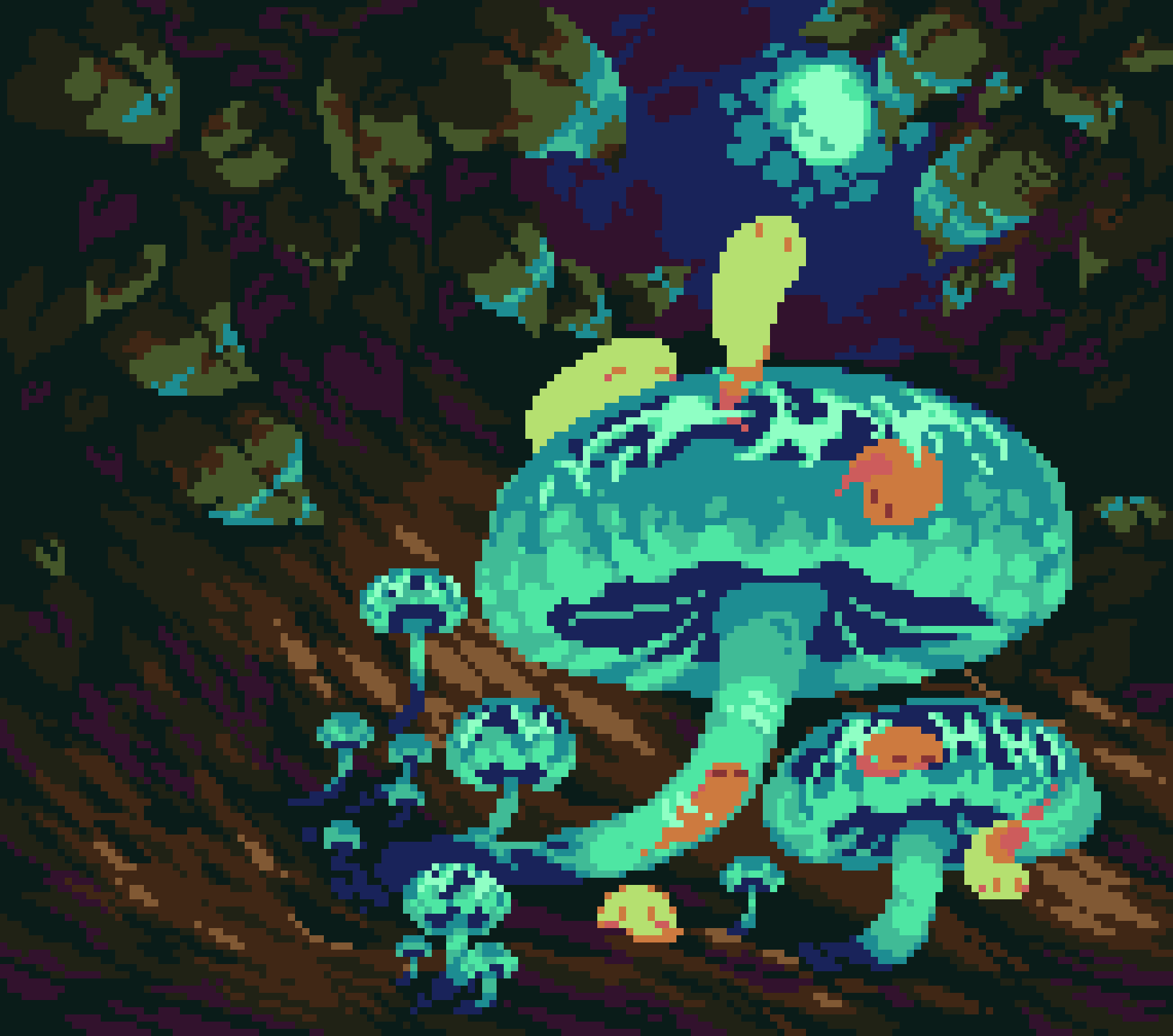When you think about your ancestors, what do you think about? Do you imagine their hopes, dreams, and life? What did they want in life? Did they get what they wanted?
Magha is born with the hopes and wishes of their ancestors surrounding them. Many times, they’re born in families with rich history, history that they know of, that they’re proud of. They can often be very concerned about the genealogy of their family. Maghas are always surrounded by spirits who cheer them on.
Despite the spirits being on Maghas side, not all of the spirits around Magha are healthy for the Magha person to take help from. Magha is considered one of the most malefic nakshatras. Not just Magha, but Amavasya (new moon) is also considered inauspicious. The similarity between the two is that both are ruled by the Pitris.
Magha sits in the sign of Leo, the sign of the father. The father is not just the blood father, but rather, it is more symbolic than that. The father is someone who you can call upon, who you can ask for help from, and who influences you the most. The father can also strike fear, with the pressure that he puts upon you, to fulfil his expectations of you.
The Pitris are ancestors, not Gods. The hopes and the wishes that surround Magha are often the unfulfilled ones. Magha is extremely susceptible to resentment of the ancestors, the anger, the disgust. Magha can often be stuck in an era past, and feel out of touch with the present world. They can feel pressure from the ancestors, to behave in ways that they are wholly unable to, in the place and the time that they live in.
Impressing and doing their duty towards the ancestors is extremely important for Magha, but the real question is, who are the ancestors? Who do you belong to? Do you belong to your parents? Do you belong to the land you are on? The true answer is that your ancestors aren’t just your blood ancestors. Your ancestors could be spirits who have absolutely no connection to you, materially.
When you begin to conceptualise the ancestors as not just blood, but rather, as those with shared values, those who had similar plans for the world as you, and those who may have shared a similar sense of being outcast as you, your understanding of who you are, and where you are expands. Your duty becomes more clear to you. The spirits you take influence from, who help you, change.
Magha’s concern with tradition is where you can see this change the most. Maghas grow up following and taking traditional systems extremely seriously. But, as they grow older, and as they learn more, they start understanding the purpose of traditions. Almost every culture has shared values, similar things they celebrate. Births, weddings, funerals.
At its best, Magha understands the needs of humanity, the needs of people, the needs that have existed since time immemorial, and creates systems that are better suited to fill those needs. Magha does not do new things. Magha does the same things that people have always done, it just does them differently, with context to the time it lives in. Getting to the base of the matter, understanding why certain traditions exist, what purpose it fulfils, allows Magha to do these things, but better.
And, so, Magha can be known in the future generations, not just as dutiful, but often, as game changers, as those who create the new customs, the new society. They become the founding fathers, the ascended masters, who can guide the new generation, just as they were guided by the previous generation.


Leave a Reply